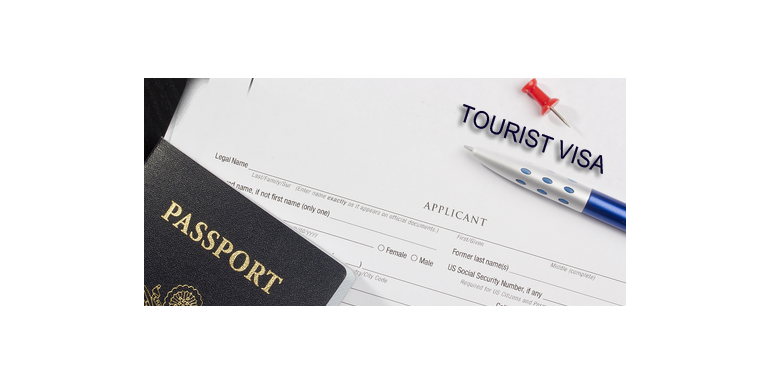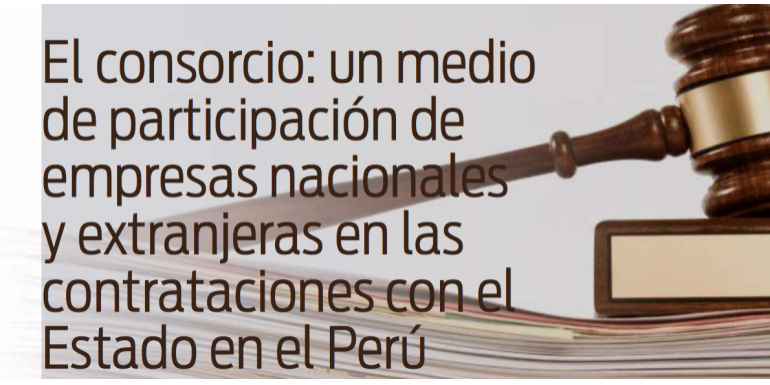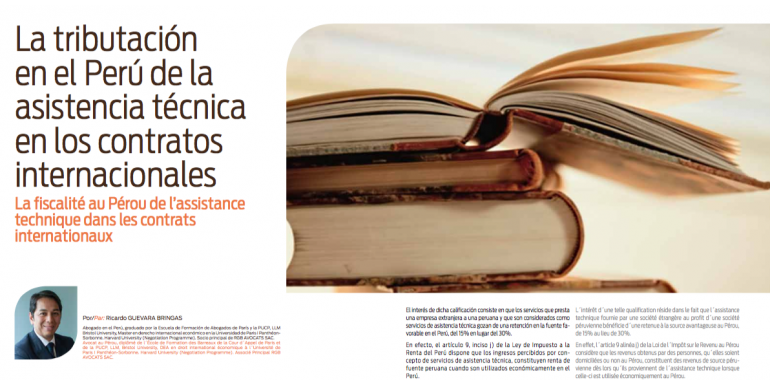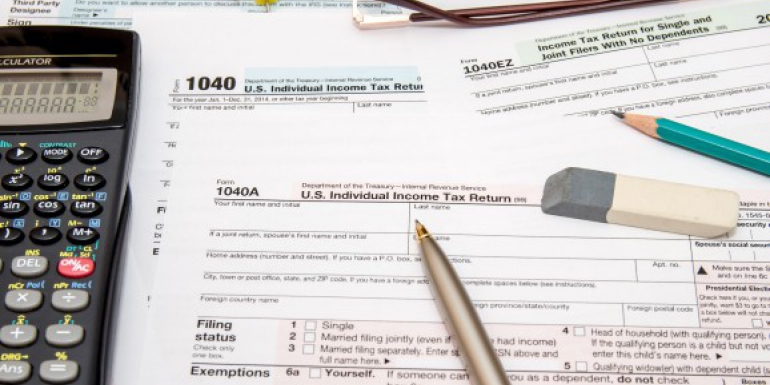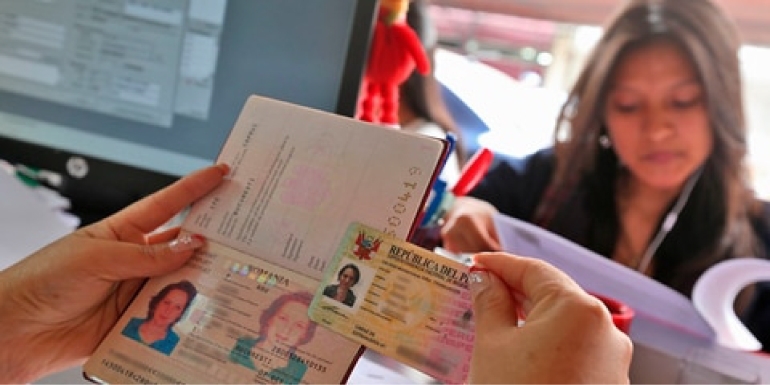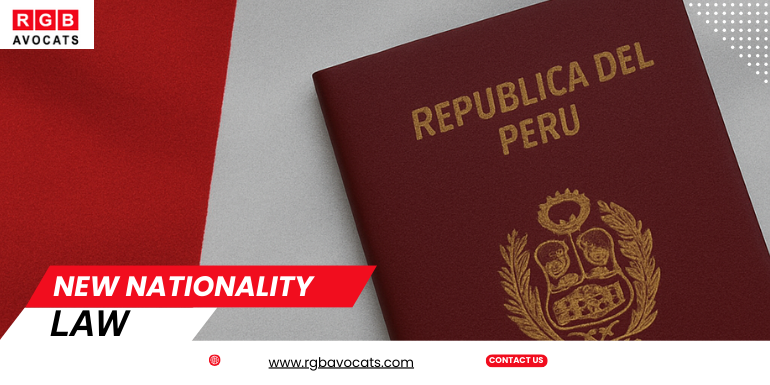As in many countries, in Peru there are some differences between the tax treatment applicable to a “resident” and a “non-resident”.
If you are a “tax-resident” in Peru, you are liable for income tax on worldwide income which means that you will need to pay income tax on all income you receive from Peru and from other countries.
Another big difference between “resident” and “non-resident” is that a “non-resident” employee has to pay a fixed income tax of 30% whereas a “resident” will be liable for an income tax in proportion to the amount of the global net revenue and will benefit from some special tax rebates.
According to Peruvian regulations foreigners are considered to be Peruvian “residents” for tax purposes if they are in Peru for more than 183 days in any 12-month period. Note that the 183 days need not be consecutive.
Note that the effects of “residency” begin to apply the year after the above mentioned requirement, i.e., staying more than 183 days, has been fulfilled. The sooner in a calendar year a foreign employee arrives in Peru, the better chance he or she has to be considered as being domiciled in Peru from a tax viewpoint.
For instance, an expat who enters Peru in September 2017 and remains in this country until November 2018, the legal effects of acquiring the Peruvian tax residency, will start in January 2019. But be careful: an expat will lose tax residency in Peru if he or she stays out of Peru for more than 183 days in any 12-month period. So, before scheduling your travels for the year, remember to take this regulation into consideration.





